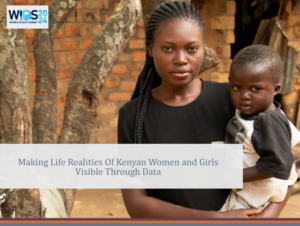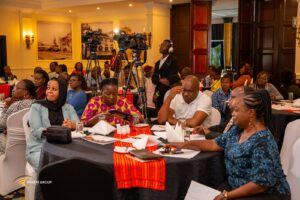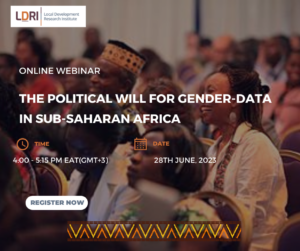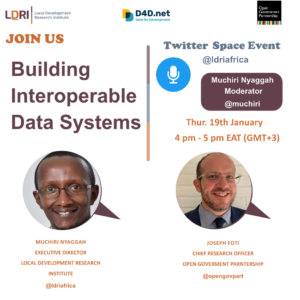![]()
The Place of CSOs in Kenya’s OGP Journey
The Open Government Partnership (OGP) is a unique multilateral platform launched in 2011 as a reform space for government officials and civil society advocates to collaborate in the drafting and implementation of governance reforms in their country. This reform space has been an opportunity to develop and implement transformative initiatives to make governments more open, accountable, and responsive to citizens. From inception, the platform has focused on issues such as access to information; legislative openness; open data; fiscal openness; anti-corruption, and openness in extractives while leveraging technology.
As one of the earliest countries from Sub-Saharan Africa to join the platform, Kenya has over the last 10 years been celebrated as a country of many firsts. For instance, Kenya was elected by her peers to serve in the OGP Steering Committee. She will serve her three-year term on this steering committee with 10 other countries including Canada and Italy who were also recently elected. Among those recently selected to serve as one of the eleven civil society representatives on the OGP Steering Committee is Stephanie Muchai, a Kenyan working at Hivos East Africa as the East Africa Lead on Open Contracting. Kenya now has both government and civil society representatives on the OGP Steering Committee. Thirdly, Kenya’s Elgeyo Marakwet was one of the fifteen pioneer subnational governments to join the OGP Subnational Government Pilot Program in 2016. Four years later, Kenya’s Makueni, Nandi and Nairobi County Governments are among the fifty-six subnational jurisdictions to join the OGP in 2021. Since 2016, Kenya has used its counties as an avenue to implement its commitments under NAP II. Therefore, counties such as Vihiga and Makueni have made significant headway in using geospatial data for development and open contracting respectively.
While Kenya continues to make commitments on governance and development on both the local and international fronts, there are instances where gaps in the adoption and enforcement of measures slows down progress. Against this backdrop, LDRI has undertaken research to identify what role civil society actors have played in Kenya’s reform space and more specifically under OGP, one of the frameworks under which the country makes commitments on governance.
The OGP reform process involves three crucial steps: awareness, co-creation and implementation. For the successful implementation of the OGP commitments, both government and civil society actors must take active roles at each stage. While this is the ideal situation, our literature review has shown it is not the reality in practice in many countries including Kenya. Recognizing that there are gaps in Kenya’s OGP engagement, this study sought to identify them and recommend ways to strengthen government’s collaboration with civil society and the resilience of the whole endeavour .
The study has taken a qualitative research format and reviewed Kenyan civil society engagement on the OGP platform based on the outcome mapping methodology to assess the planning and implementation of commitment meant to drive governance change and societal transformation. The process has entailed a general literature review, civil society survey and interviews with key informants within government and civil society.
Currently, writing of the final report is underway and we look forward to sharing the report in late November or early December 2020.
References
- Canada, Italy, And Kenya Elected To Guide The Open Government Partnership – Open Government Partnership’ (Open Government Partnership, 2020) <https://www.opengovpartnership.org/news/canada-italy-and-kenya-elected-to-to-guide-the-open-government-partnership/> accessed 8 October 2020.
- Timothy Kiprono, ‘Why Citizen Ownership Matters – Elgeyo Marakwet County’ (Open Government Partnership, 2020).




